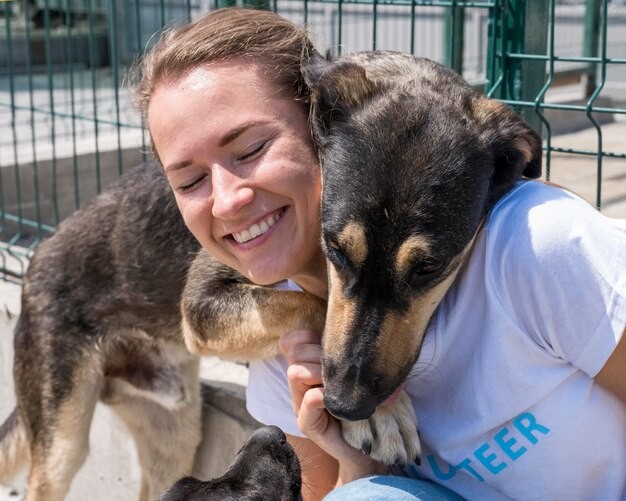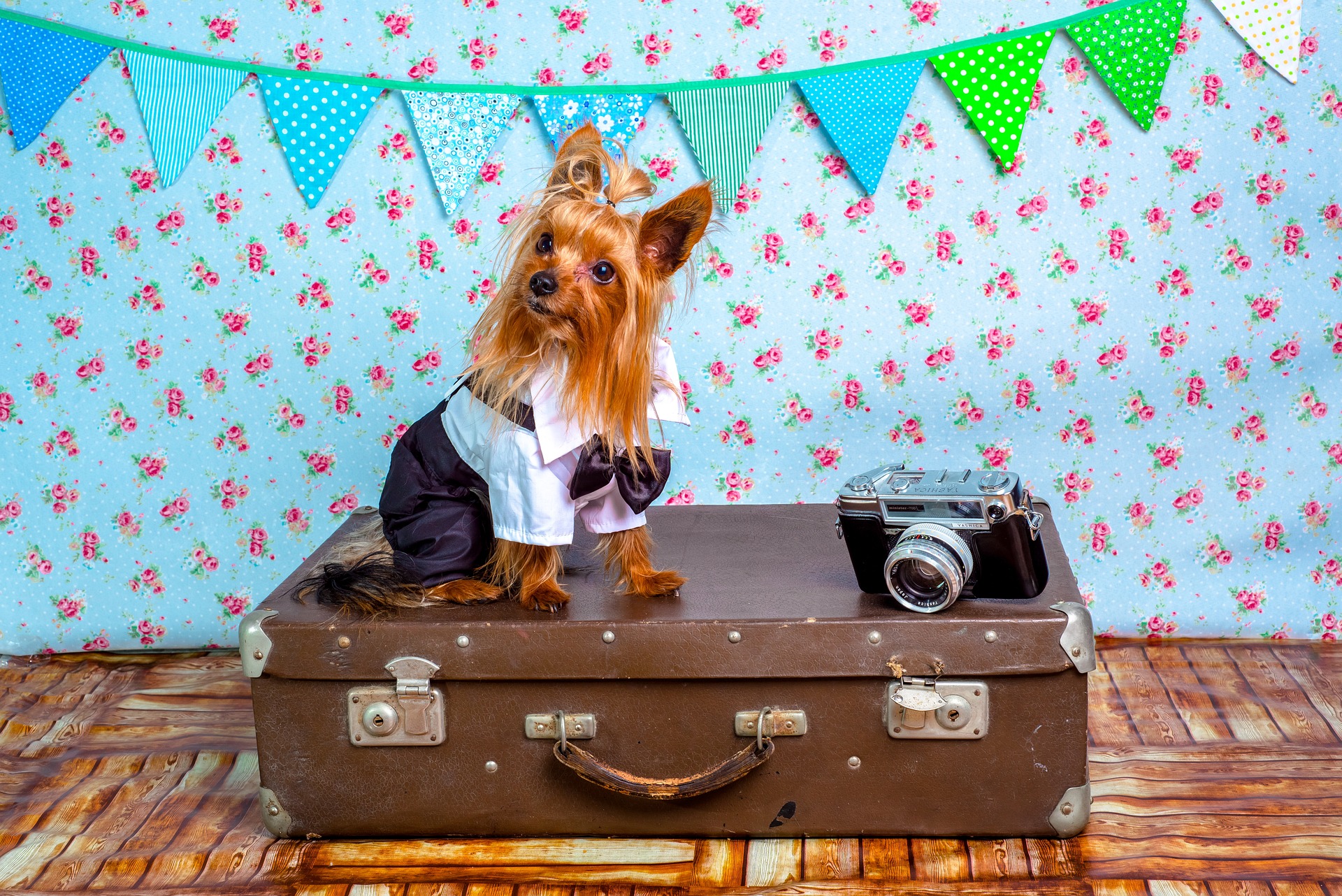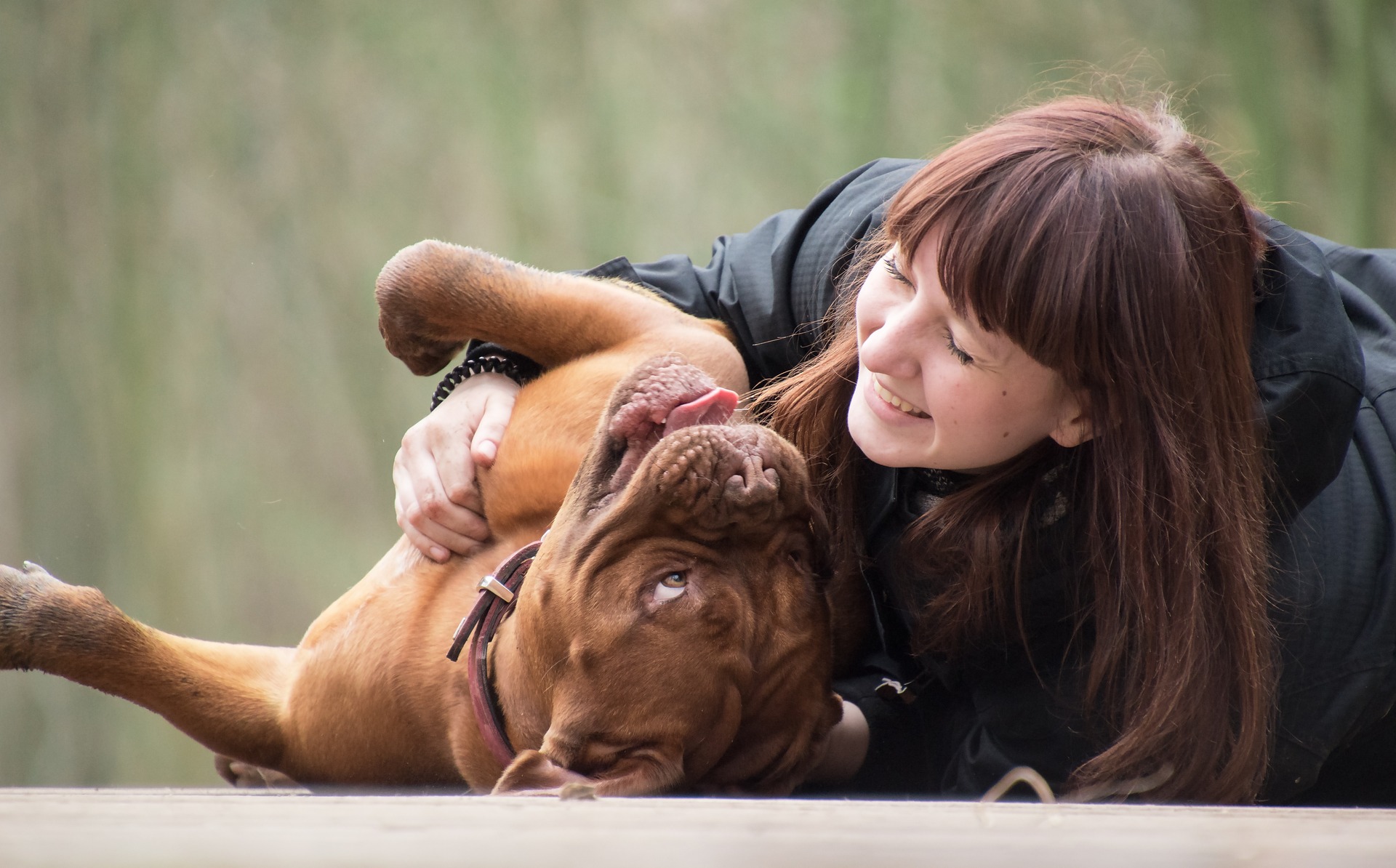Dog aggression is a top concern for most dog owners. Dogs can exhibit aggressive behavior for a variety of reasons. Sometimes it is something as complex as an undiagnosed medical condition but many times it is much simpler. If your pet is exhibiting aggressive tendencies you should first seek veterinary guidance to ensure there is not a larger factor contributing to the issue. After you have received a clean bill of health from your vet it is time to look at some environmental factors.
Some experts believe particular breeds of dogs are predisposed to aggressive behaviors. And while there may be some debate as to whether or not that’s true, ALL experts believe that environmental factors will influence dog behavior. Some of the most common causes of aggression in pups and full-grown dogs are boredom and isolation; the effects of which can be reduced with the use of exercise and socialization. On the bright side, both of these common causes have simple enough solutions.
Exercise
Just as with humans; diet and exercise are the first lines of defense when tackling any mental or physical condition. The ASPCA recommends that all dogs get at least 30-120 minutes of vigorous exercise per day. With the only exception being older or less capable dogs. Many house dogs do not get enough exercise resulting in an increased likelihood of lashing out.
The reason why exercise is as effective as it is in quelling aggression is that dogs are naturally energetic animals. They evolved to have high energy levels for hunting, and survival. When they spend too much time being sedentary they can experience a need to expel that energy. Unfortunately in this state of concentrated excitement dogs generally cannot differentiate the good energy release options from the bad.
The simple solution is to get your dog more activity every day. This can be done in several ways. If you have a yard your dog can safely run around and be let out for a few hours throughout the day. You can encourage your pet to play and expend energy when outdoors by purchasing some new toys or designing your yard with your pet’s entertainment in mind. Just be sure you have a water feature and/or some shady areas like a porch ceiling or large trees for your dog to cool off and relax after playtime.
Alternatively, you can multitask your and your pet’s exercise by taking long walks together. If your days are monopolized by work or other outside responsibilities a dog walker can be a perfect solution to ensure your pet gets out and moves every day. Any way you can add more physical activity into your pup’s life will help to decrease any potential aggression.
Socialization
Another key factor in pet aggression is socialization; or the lack thereof, in the form of isolation. If you think back to their ancestors, the wolves, it can be easy to see why dogs are social creatures. They are wired to interact in a pack. Social structures are incredibly important to their mental well-being.
When a dog spends their time alone, or only around humans they can become scared or overly excited by the presence of other dogs. Many times they engage in fighting behavior because they are fearful of their safety, trying to maintain dominance in a herd, or trying to protect their space or belonging. Socializing your dog with other pups can help to remedy all of these and other potential causes of aggression. If your dog is frequently exposed to other dogs they will learn how to better interact with new pups without feeling threatened or possessive.
Socialization also has a simple solution. Expose your pet to other dogs in a safe and fun way. This can mean visiting the dog park, enlisting a dog walker to walk your dog with other neighborhood dogs, or just setting up a regular playdate with another doggie friend. Just be sure to not do too much too soon and always monitor your pet’s mood being sure to remove your pet from a situation if you feel they are not handling it well.
Be Aware
Aggression in dogs can be an intimidating problem to handle but it doesn’t have to be. Remember to consult your vet about any changes in behavior or concerns as they appear. Aggression in dogs is not always environmental; certain diseases, disorders or even pain can cause your pet to act out. If your pet’s aggression is not due to any underlying condition, consider adding exercise and socialization to your arsenal. When executed with consistency in a safe environment they can be your strongest tools when combating unexplained pet aggression.


